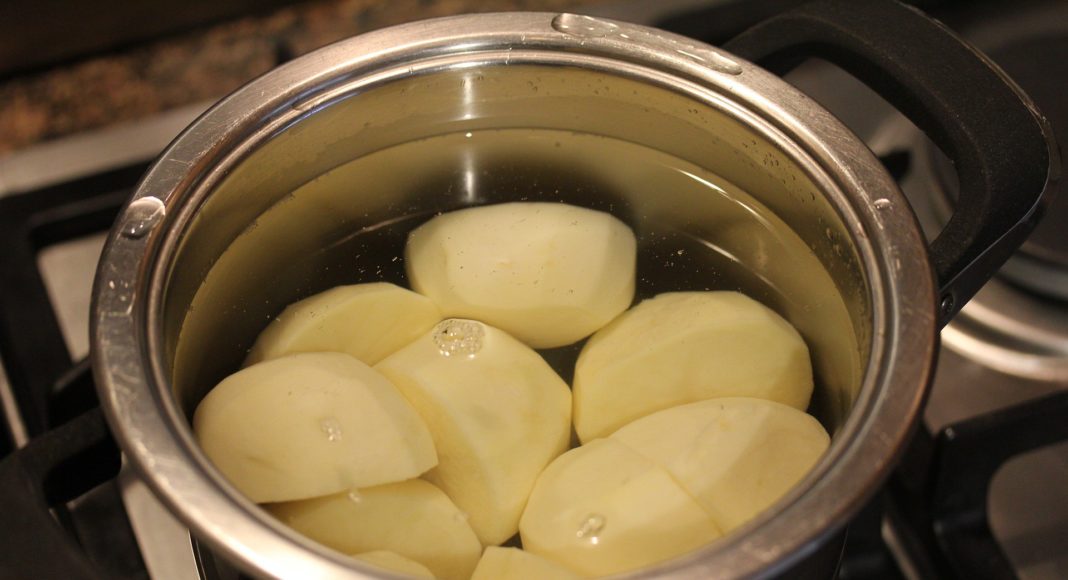A new potato processing technique has shown to slow down digestion of potato starch making for healthier spuds, a June 14 news release said. Laboratory demonstrations have shown certain digestive enzymes can be slowed from reaching potato starch causing a more controlled release of dietary glucose.
“There is a perception that potato foods are unhealthy because eating a large amount of some potato foods can cause a rapid increase in blood sugar,” Amy Lin, the study’s principal investigator and lead of the Food Carbohydrate Program of the Singapore Institute of Food and Biotechnology Innovation, said in the release. “Our team revealed that toggling the accessibility of two digestion enzymes — α-amylase and mucosal α-glucosidase — in the small intestine is a successful strategy to make dietary glucose slowly and continuously release from potatoes.”
In the new processing technique, researchers cut potatoes into cubes blanching them in hot water with a food grade ingredient for 30 minutes. The release noted the ingredient used is generally recognized as safe.
This process caused a reaction with pectin, a water-soluble fibre in potatoes, creating a gelling structure acting as a barrier between starch granules and digestive enzymes. The protective layer is porous with the processing method allowing the pore size to be controlled moderate how quickly α-amylase can penetrate the potato parenchyma cells and degrade starch to small molecules, the release said.
“Converting starch molecules to glucose relies on mucosal α-glucosidase, which is too big to penetrate those pores. Therefore, the elevation of dietary glucose of processed potatoes depends on the how quickly small starch molecules leach out of parenchyma cells and are digested by mucosal α-glucosidase,” the release said.
The release noted the technique isn’t designed to prevent potatoes from being digested, but rather slow digestion to avoid a rapid increase in blood pressure. Researchers say this modification could help consumers feel full for a longer period, thus helping to avoid overeating.
The processing essentially pre-cooks potatoes, meaning potatoes could be frozen and then cooked or further processed, the release said.
The researchers plan to further test the impacts on digestibility in a clinical trial now.
Related Articles
French Fries Found to be Better for You than Previously Thought











